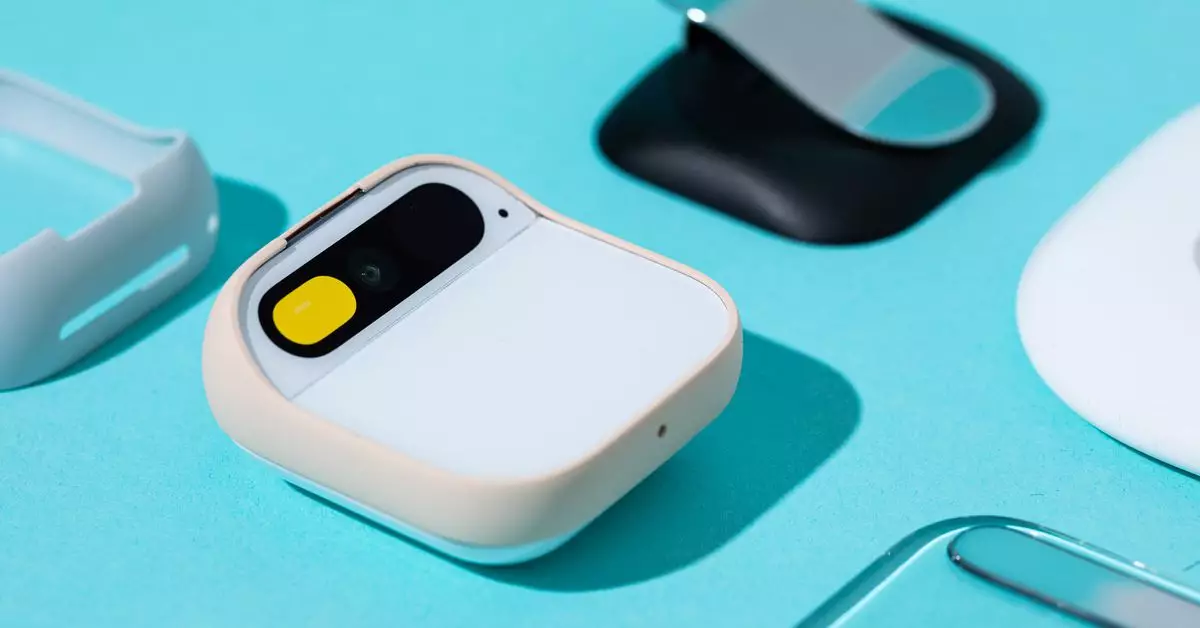In an ever-evolving technological landscape, the recent price reduction of Humane’s AI Pin casts a spotlight on the challenges faced by manufacturers attempting to carve a niche in the competitive smart device market. Initially launched at a hefty price tag of $699, the device is now available for $499—a significant drop that underscores the product’s insufficient market performance. This bold move by Humane is not just a simple pricing strategy; it reflects deeper issues regarding product acceptance and consumer trust.
The AI Pin, despite its innovative intentions, has struggled heavily since its debut. The newly introduced “eclipse” model, characterized by its matte black anodized aluminum, omits critical accessories like the extra battery and charging case. The exclusion of these items is less a marketing tactic and more a response to safety concerns regarding battery cells sourced from a third-party vendor. This has raised red flags regarding the product’s reliability. Given that consumers place trust in technology to function safely and effectively, such revelations can significantly hinder acceptance.
Moreover, even with the revised lower price, the AI Pin is still bound by a monthly subscription fee of $24. This ongoing cost may deter potential customers who are already cautious due to the device’s rocky start. Consumers weigh not just the initial investment but also recurring costs when deciding on tech purchases, and this subscription model can appear burdensome.
Despite the price adjustment, the AI Pin’s journey has been tumultuous. Reports indicate that there has been a trend where returns outstrip sales, revealing a concerning consumer sentiment toward the device. This decline in product interest often reflects deeper systemic issues within product design or marketing strategies rather than mere fickleness of consumer choice. Humane’s attempts to rectify software shortcomings—such as through updates to its CosmOS—have been noble; however, patching up existing problems without addressing core user needs typically does not happen quickly enough to regain consumer confidence.
Additionally, the higher-end models, which come with added features and premium finishes, remain conspicuously out of stock. While marketed as a “complete system” that includes essential accessories, the unavailability of these options may signal supply chain limitations or lingering repercussions from the initial product launch.
The recent price drop of the AI Pin, while a necessary step, raises more questions than it answers. It suggests that while Humane is aware of the device’s shortcomings and low sales figures, they may still be far from uncovering the underlying causes of consumer dissatisfaction. For any company, continuously listening to user feedback, enhancing product safety, and aligning features with genuine consumer needs are critical components for long-term success. Moving forward, Humane must not only adjust pricing but also embark on a meaningful journey to rebuild its brand reputation within the tech community and beyond. Ultimately, the fate of the AI Pin may hinge on its ability to transform from a gadget plagued by issues into a trustworthy and desired device in the bustling smart technology market.

